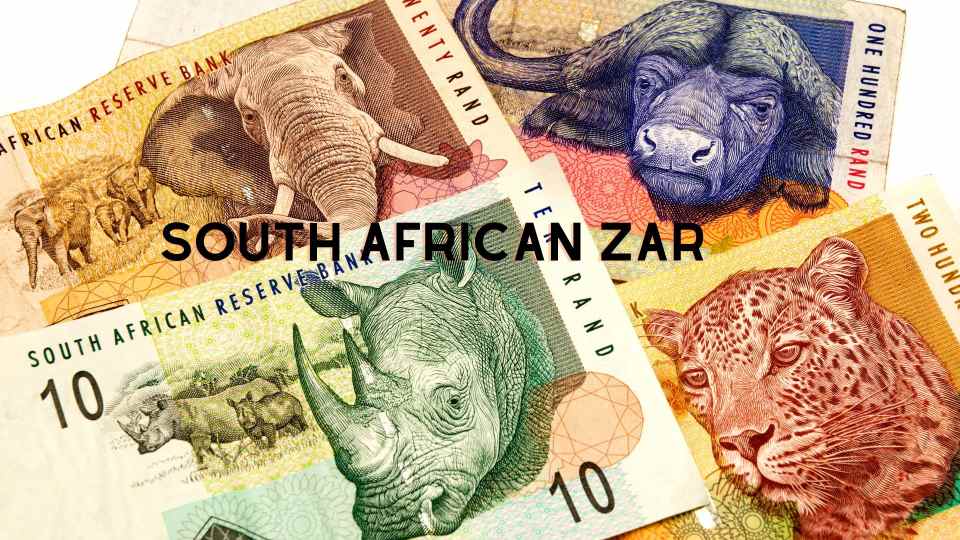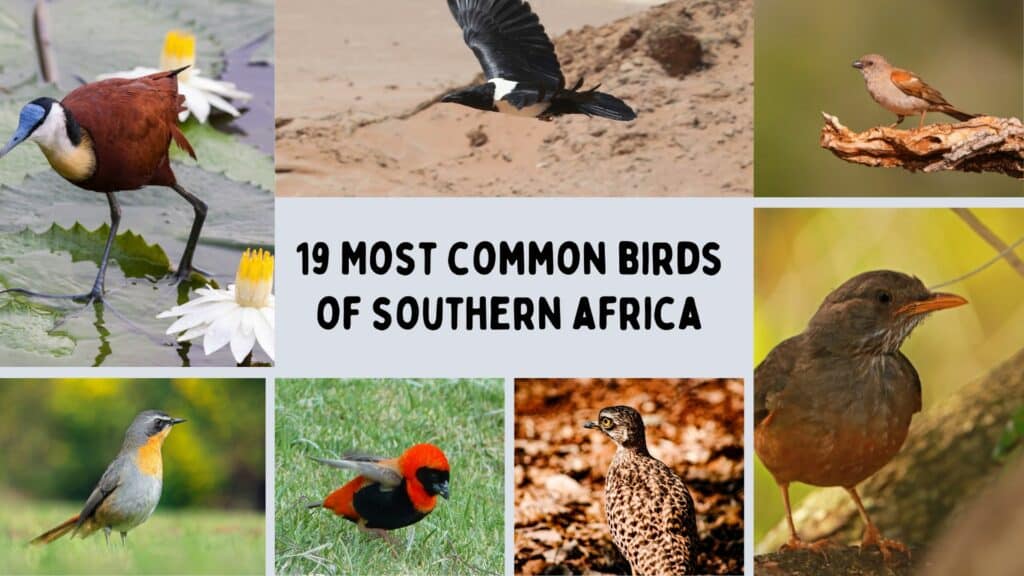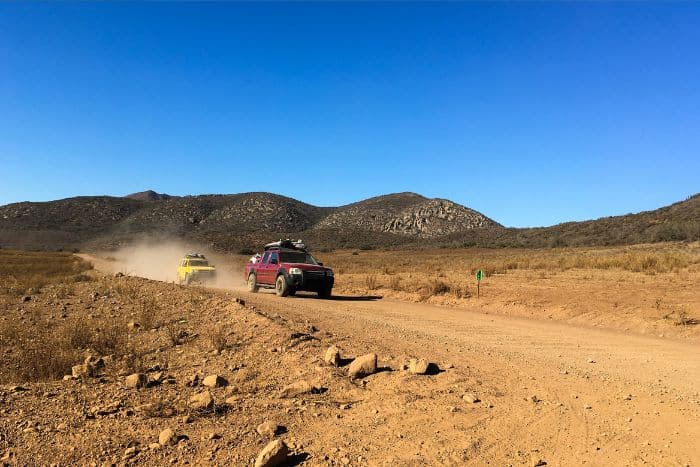Overlanding in Africa is an unforgettable experience, offering breathtaking landscapes, incredible wildlife, and deep cultural immersion. However, like any major travel adventure, there are risks—one of the most common being scams that target travelers. While most locals are welcoming and honest, a small percentage take advantage of those unfamiliar with local systems.
This guide breaks down some of the most frequent scams encountered while overlanding in Africa and provides practical strategies to navigate them safely.
Here’s how to recognize and avoid the most common scams while overlanding across the African continent.
1. Border Crossing Scams
The Scam:
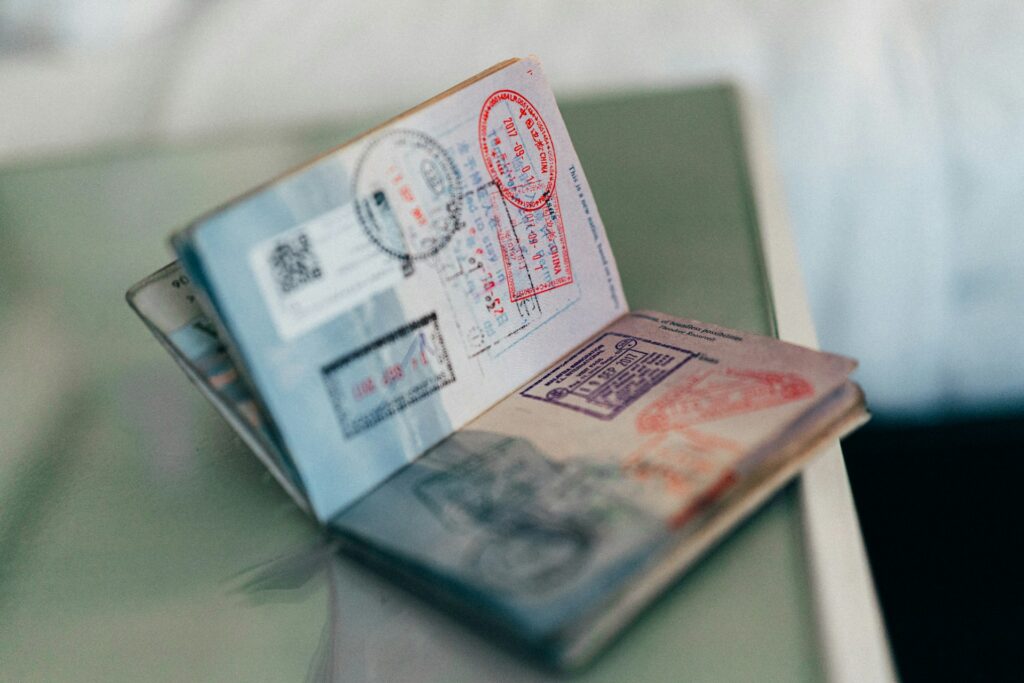
Crossing borders in Africa can be a complicated process, with multiple steps involving immigration, customs, and health checks. Scammers often take advantage of travelers’ unfamiliarity with these procedures by posing as officials, demanding illegitimate fees, or misleading them into unnecessary payments. Some common tricks include:
- Fake visa fees: Officials or impostors claim there’s an extra fee for visa processing.
- Bogus vaccination requirements: Travelers are told they need a mandatory vaccine and must pay for an on-the-spot “injection” or “certificate.”
- Passport confiscation: Officials may refuse to return your passport until a bribe is paid.
- “Helpers” charging fees: Unofficial agents offer to expedite the process for a fee but often complicate matters instead.
How to Avoid It:
- Research visa and entry requirements before arrival. Check official government websites or embassy sources for up-to-date information.
- Carry printed copies of necessary documents. This includes visas, vaccination certificates (especially Yellow Fever), and vehicle permits.
- Avoid handing your passport to unofficial personnel. Only give documents to authorized immigration officers.
- Refuse to pay unofficial fees. If someone insists, politely ask for a receipt. In many cases, the demand will be dropped.
- Be patient and firm. Many scams prey on travelers’ urgency to cross quickly. Taking your time can prevent falling into these traps.
2. Fake Police Stops and Fines
Once when we drove into Grahamstown, we were stopped by police officers who wanted to see our ID papers and papers of our car.
Until today, we’re not sure if these officers were real or not, because I felt like they wanted to see éverything in our rental car, why would that be needed? We were warned about fake ‘fines’ and such, but we were sure that we had all the necessary papers.
My guts was telling me that this person was going to charge a fake fine, but in the end he didn’t, just when he saw our international driver’s license instead of a South-African license, and I think he knew we wouldn’t care if he took this from us, as we still have our Belgium license and papers.
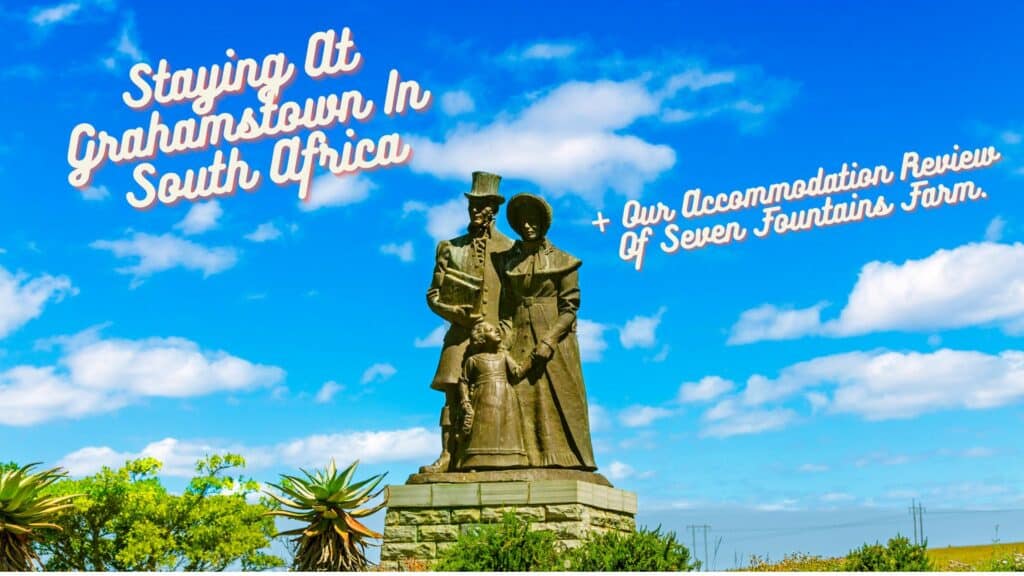
The Scam:
While many police checkpoints in Africa are legitimate and serve security purposes, some officers—either real or impersonators—use them to extract money from travelers. Common scenarios include:
- “Missing documents” fines: Officers claim your vehicle lacks the correct paperwork or insurance, even if it does.
- Fabricated traffic violations: Travelers are accused of speeding, running a stop sign, or another minor offense they didn’t commit.
- On-the-spot bribes: Instead of issuing an official fine, officers demand cash payment to “settle the matter immediately.”
How to Avoid It:
- Know the road regulations and required documents for each country. Having the correct paperwork makes it harder for scammers to trick you.
- Ask for an official receipt for any fine. If the officer refuses to provide one, insist on paying at a police station instead.
- Do not hand over your driver’s license. If required, show a copy instead of the original to prevent unauthorized confiscation.
- Remain calm and polite but firm. A confident demeanor often discourages attempts at intimidation.
If an officer persists in demanding a bribe, suggest you call your country’s embassy or tourist police. In many cases, this will make them back down.
3. Fuel Station Scams
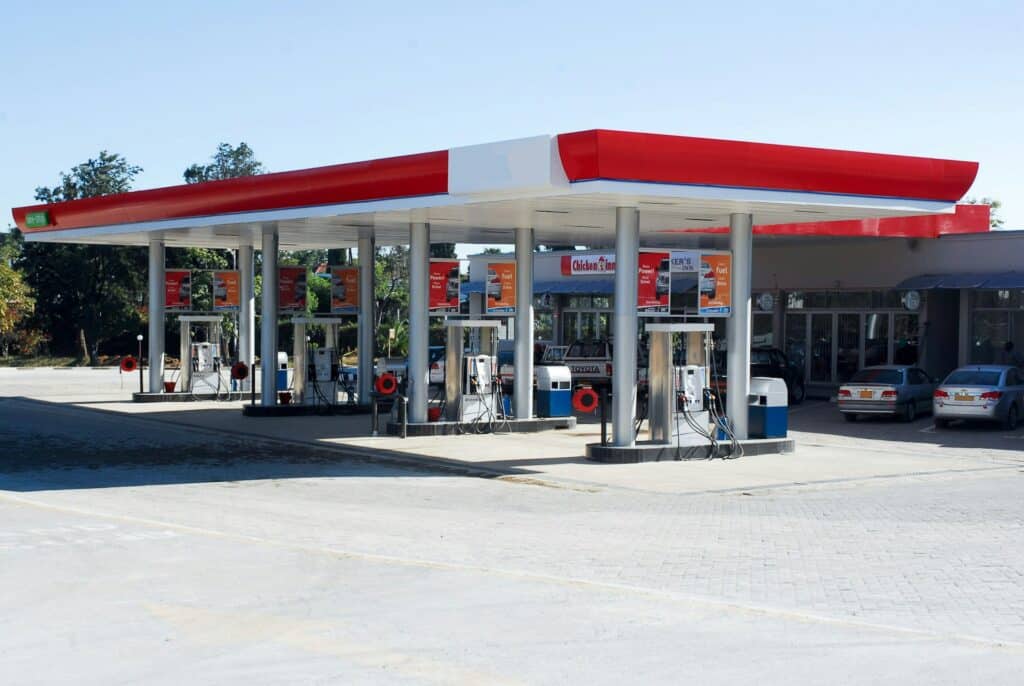
The Scam:
Fuel station fraud is common in some parts of Africa, and dishonest attendants use a variety of tricks to overcharge or shortchange customers. Common scams include:
- Tampered fuel pumps: Some attendants manipulate the pump so it appears more fuel was dispensed than was actually pumped.
- Switching currency notes: A traveler hands over a large bill, but the attendant later claims it was a smaller denomination.
- Claiming card machines are “out of service”: Forcing travelers to pay in cash at a higher, unofficial exchange rate.
- Partially filling tanks: Attendants stop pumping before reaching the paid amount, pocketing the difference.
How to Avoid It:
- Watch the fuel pump from start to finish. Ensure the counter starts at zero before fueling begins.
- Confirm the price before fueling. Some stations try to charge inflated rates for foreign travelers.
- Use smaller bills when paying in cash. This reduces the chance of incorrect change or bill swapping.
- If using a card, insist on a printed receipt. This helps avoid being overcharged without proof.
Always choose reputable, well-known fuel stations, and if something seems suspicious, ask for a supervisor.
4. Currency Exchange Scams
The Scam:
Money exchange fraud is common at border crossings, markets, and informal kiosks. Scammers use tricks such as:
- Rigged calculators: Displaying incorrect exchange values.
- Shortchanging travelers: Quickly swapping bills after counting them in front of the customer.
- Counterfeit currency: Giving out fake or outdated banknotes.
- Unfavorable exchange rates: Quoting incorrect rates to unsuspecting tourists.
- Fake ATM machines, where the machine swallows your card!
How to Avoid It:
- Check the official exchange rate before exchanging money. Apps like XE Currency can help.
- Count money twice before leaving the counter. Once the transaction is complete, scammers may refuse to correct a mistake.
- Use official banks or ATMs whenever possible. Avoid street exchangers unless absolutely necessary.
- Inspect banknotes carefully. Old or damaged bills may not be accepted elsewhere.
- If your bankcard or Visa card gets ‘eaten” by an ATM, make sure to instantly make that call to ‘CARDSTOP’, and have it blocked! It happened to us in South Africa, and fortunately we had a spare card!
When dealing with large amounts, consider exchanging only small portions at informal exchangers to minimize risk.
5. Fake “Helpers” and Tour Guides
The Scam:
In tourist hotspots, individuals posing as guides approach travelers, offering assistance or “official” tours. These can range from aggressive touts demanding tips to elaborate scams where travelers are led to overpriced shops or even pickpocketed during the “tour.”
How to Avoid It:
- Only hire guides through reputable companies or lodges. Research beforehand to ensure legitimacy.
- Agree on prices upfront. If a guide insists the tour is “free,” expect a demand for money later.
- Avoid engaging with overly persistent “helpers.” A firm “no, thank you” usually deters them.
- Keep valuables secured. Pickpockets often work in teams where one distracts while another steals.
If you genuinely need a guide, arrange one through a reliable travel agency or official tourism office.
Beware, though, if you visit a town like Grahamstown, to inform yourself beforehand what the “customs” are.
To be safe, we did signal someone when parking our car in Grahamstown to go visit the cathedral, that we would give a person gathering around our car a ‘parking fee’. So, he then ‘kept an eye’ on our car, and when we returned, we gave him 200 South African ZAR. Sometimes better to pay a small amount, even though it’s a scam, than to get your car robbed, sadly!
Also, if you get a tour in a cathedral or another interesting building, be sure to pay for the tour guide, even though you didn’t ask for one!
6. Vehicle Rental and Repair Scams
The Scam:
Travelers renting cars or fixing vehicles may encounter the following:
- Exaggerated damage claims: Rental agencies falsely accuse customers of causing damage and demand hefty fees.
- Overpriced repairs: Mechanics inflate prices or claim unnecessary work is needed.
- Switching parts: Some dishonest mechanics replace valuable car parts with substandard ones.
How to Avoid It:
- Inspect and document the vehicle before renting. Take photos and videos of any pre-existing damage.
- Get repair quotes from multiple sources. Avoid workshops that demand upfront cash payments.
- Use reputable rental companies. Read reviews and ask other travelers for recommendations.
By staying vigilant and informed, you can significantly reduce the risk of falling victim to common scams.

Final Thoughts
While scams exist, they shouldn’t deter you from experiencing Africa’s beauty and adventure. Awareness and preparedness go a long way in ensuring a hassle-free journey. By researching potential pitfalls, staying cautious at border crossings, avoiding unofficial “helpers,” and handling transactions carefully, you can keep your overland adventure enjoyable and stress-free.
Have you encountered scams while overlanding in Africa? Share your experiences and tips in the comments below!
And don’t forget to follow me on social media.
Happy travels,
Lizzy
I now have a YouTube channel as well!
YouTube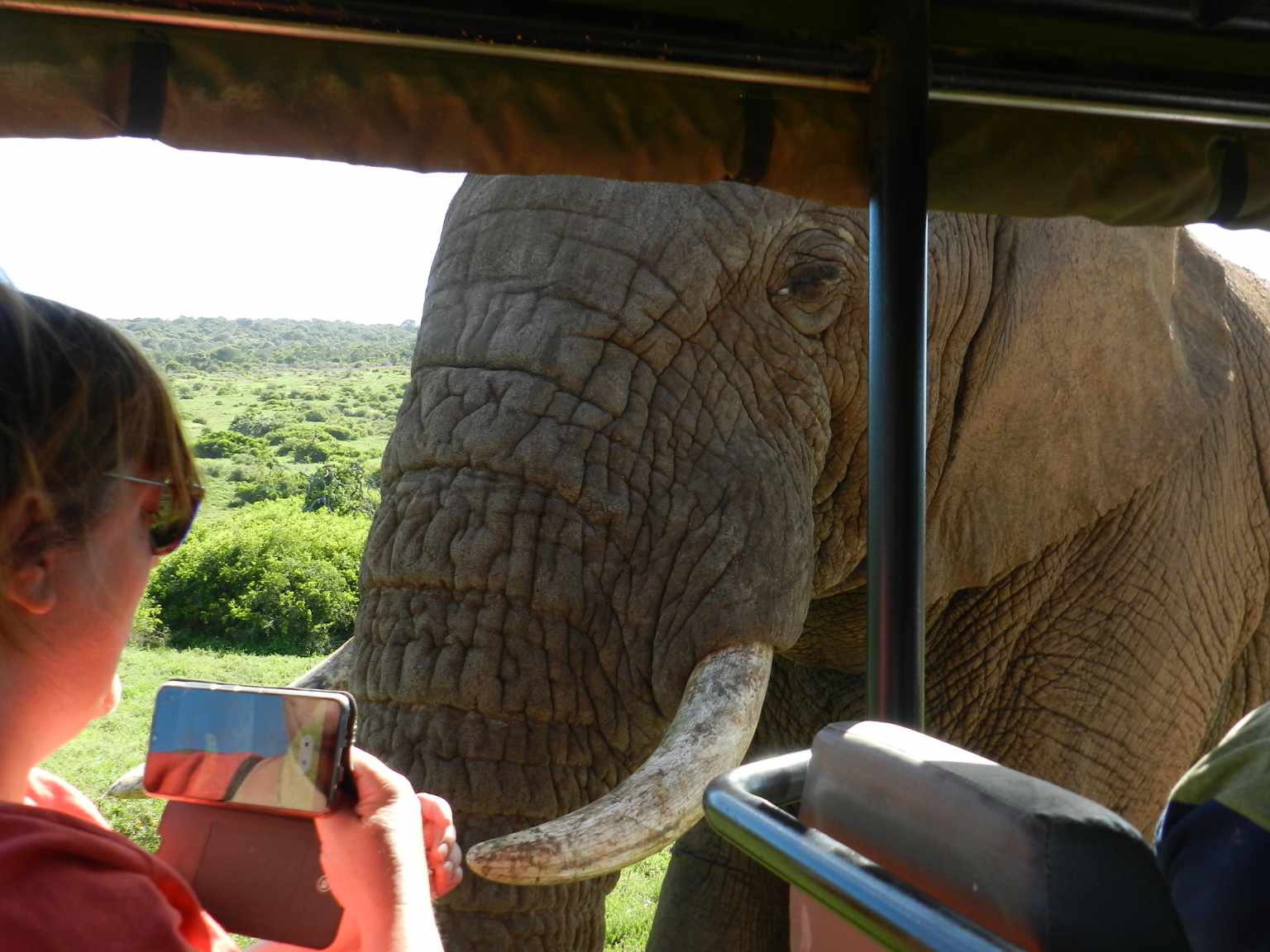
Hello Africa travellers!
Who am I? Well, the least you can say is that I am quite crazy about Africa, its nature, its climate, its culture, and more.
As a young woman in my twenties, I had already traveled to several African countries by traveling along in an overlander on my own and mostly camping ( or glamping ) and just fell in love with the diversity of it all.
So much, so that at the age of 26, I went back to university to study biology, which, unfortunately, I couldn’t finish because of health reasons (yes, I got sick from a tropical disease, oh cynicism). But this did not stop my dream of traveling back to Africa several times, and I still do.
My dream was back then to leave Europe and go study animal behavior, especially the elephants (sure, that’s every girl’s dream haha), but I am also very much intrigued by hyenas and other “ugly African animals“.
So, I “kind of” have a little bit of a scientific approach to my articles, when I write about African birds, for example. And most of all: the passion.
But life goes on, you move from one side of the country to the other, you get sick again and top it off with lower back problems, and before you know it, you are over 50 hahaha!
Now, I still travel to Africa, but take it a bit “easier” than the good old camping days, and stay in comfortable, yet affordable accommodations, together with my husband Wouter.
These are some of the countries I have traveled to: Kenya, Tanzania, Zanzibar, Malawi, Zambia, Zimbabwe, South Africa, Namibia, Botswana, Tunisia, and a little bit of Lesotho LOL .
While clearly not being African territory, but Spanish, I also visited Gran Canaria and Tenerife, and location-wise, I consider them “African”, because of their climate and nature, sue me :-p
The last trip I took was to South Africa in the year 2023, and it sure got the fevers for Africa back! From the Barberton mountains to the Drakensberg and the Southcoast, one month wasn’t enough at all to see the whole country, so we’ll be back! At ease and with a little bit more luxury than in my younger days haha!
I wish you happy travels!
Kind regards
Lizzy

